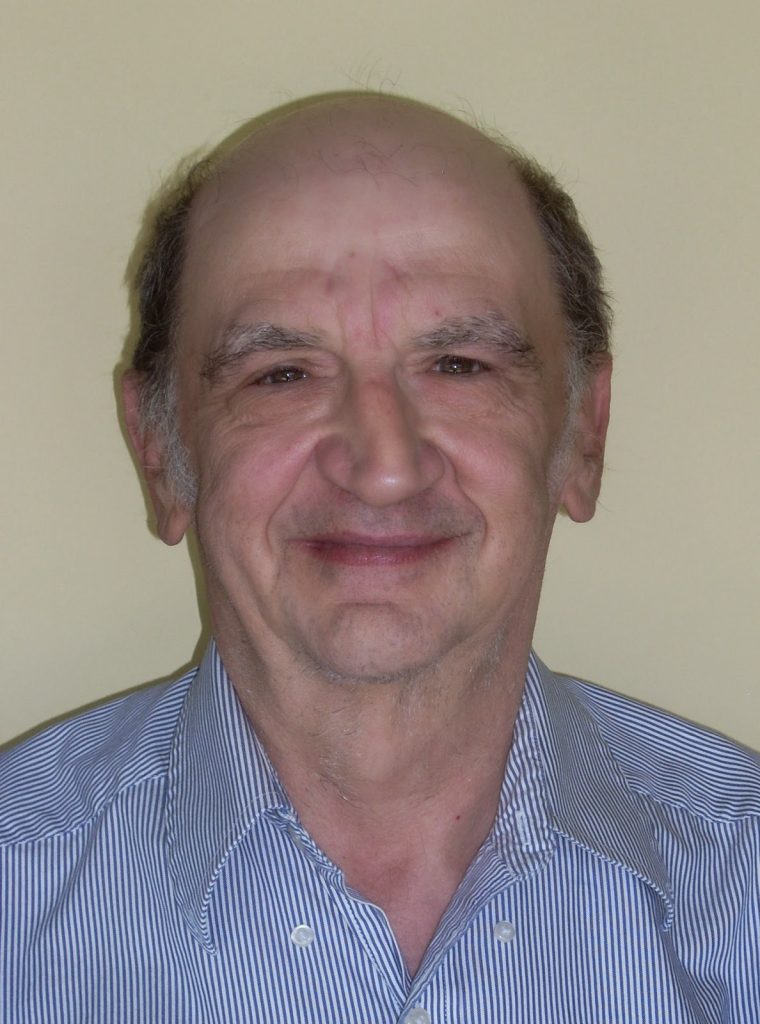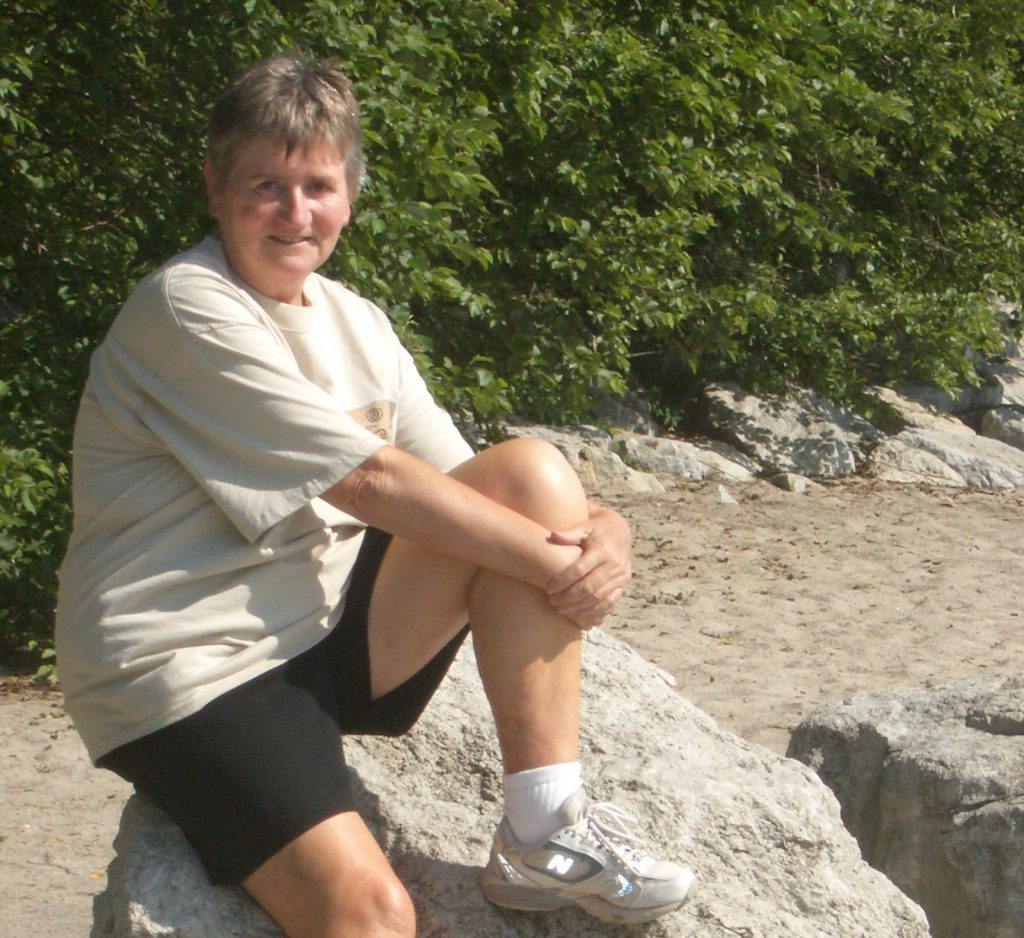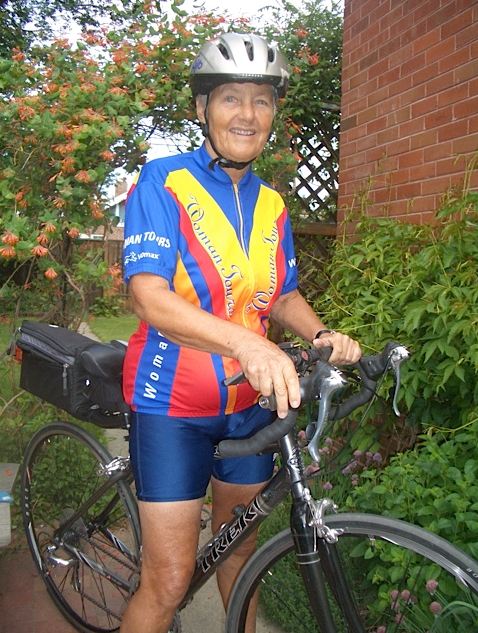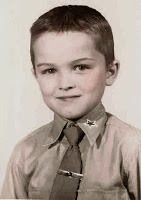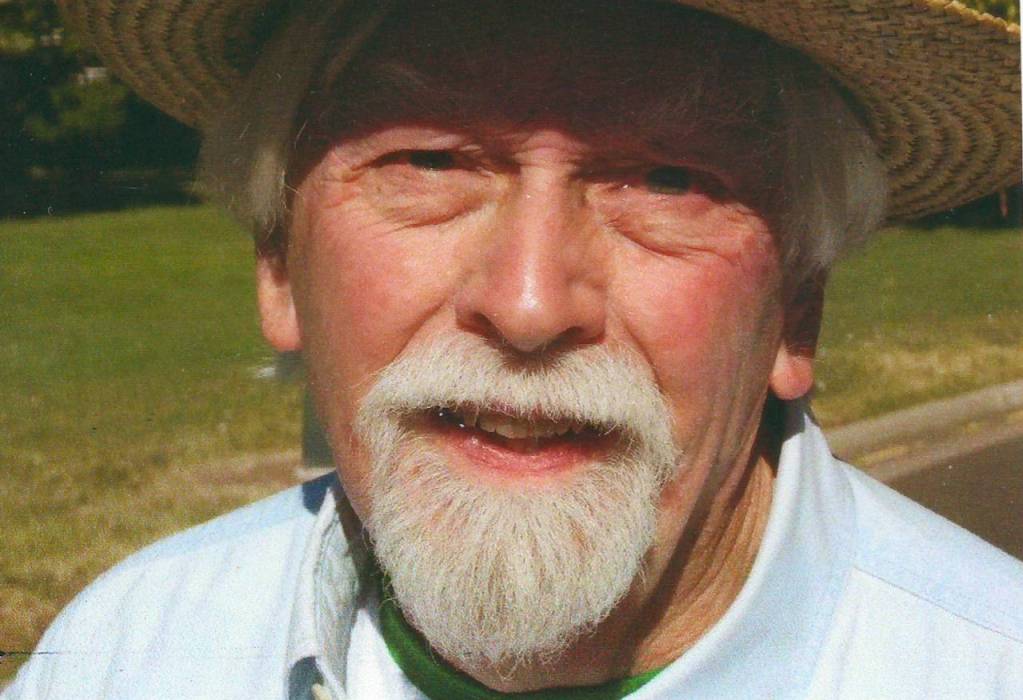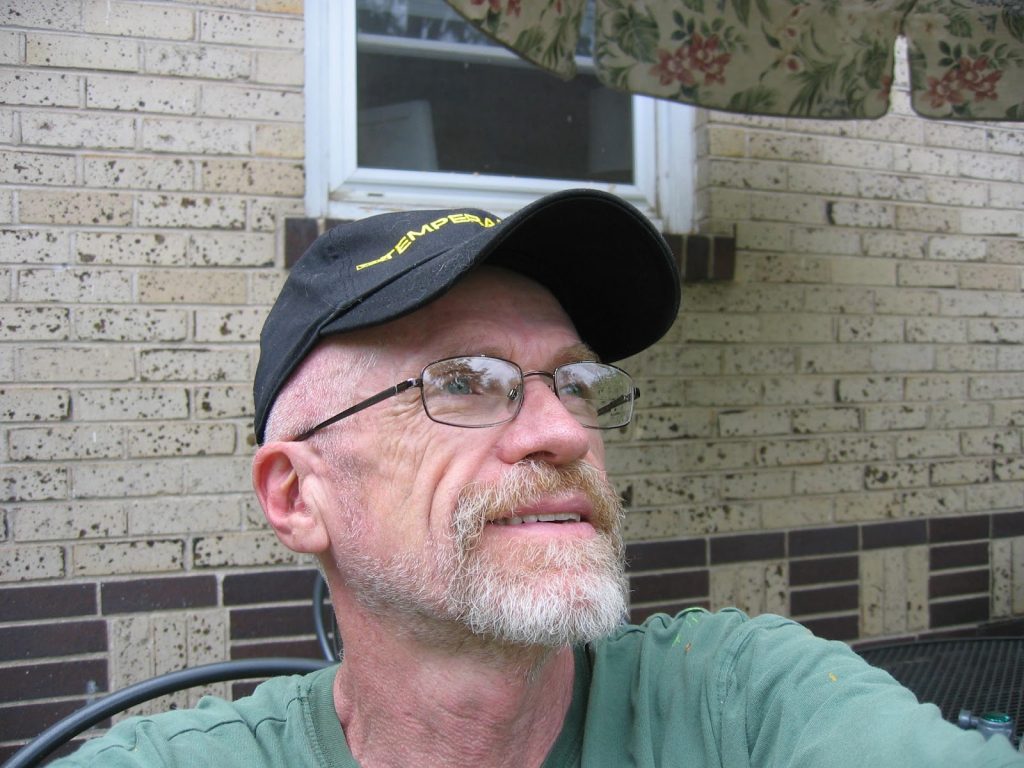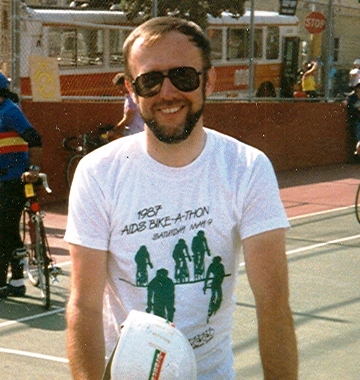Prompt for this story: “When I decided”
This prompt reminded me of an old corny Protestant hymn, “I have decided to follow Jesus.” Gay Christians have a big responsibility. They have to have answers for atheists and agnostics. Institutionalized church-sponsored homophobia is another good reason to be anti-church, our atheist friend would point out. My parents thought religion was a mental illness. They could not understand why a bunch of people would make a cult of a rabbi being tortured to death two thousand years ago. There was a famous play that received a lot of coverage in the 1960’s reminding the public that during the holocaust the Catholic Church was silent, and yet they make a claim of being the ultimate moral authority. What a joke! How can the typical member of Dignity, gay and lesbian Catholics, advocate for their point of view?
My four brothers also believed science and 18th century style “reason” would make a better moral touchstone than “organized religion.” My parents also thought that Protestants, most of them, went to church to worship the all-mighty dollar rather than God. They were closet atheists doing a song and dance to engage in social climbing.
My counter arguments are as follows. First, Christianity is our heritage. We have to improve it. Upon reading scripture, we learn Jesus was well aware that institutionalized establishment religious authorities tend to be hypocritical and just love to condemn their neighbors. In other words, do not blame Jesus for contemporary religious hypocrisy. Judge not thy neighbors lest thou be judged.
The gay lib Russians have informed us that the Russian Orthodox Church is a solid bastion of homophobia. The response should not be Communist style or enlightenment style deism, atheism or agnosticism; the response should be to question their Christian credentials. If their so-called faith is based on hating gay people, hate is what is in their hearts. Therefore, they are not Christian, they cannot claim to be Christians, if you take true Christianity seriously.
In other words, true Christianity is quite revolutionary. If you read Scripture with a sensitive heart, you will note that Jesus even spoke in terms of empowering out-groups.
In other words, Metropolitan Community Church of the Rockies and Metropolitan Community Church of New York would agree with my stance on this religious issue. We also have to realize that the Church is a human institution although they have to claim they are ordained by God. Humans, unlike God, tend to make mistakes, they tend to project their own prejudices into sacred places. MCC teaches that gay and Lesbian are a holy, sacred people, beloved by God. In addition to a religious statement, this is of course a political statement. Sometimes the victimized out-groups have to become teachers for the whole of humanity, for the oppressors. In other words, Scripture does not justify homophobia, au contraire, when you see blind hatred, oppose it. It is a Christian responsibility.
March 21, 2014
About the Author
I was born in 1944, I lived most of my life in New York City, Queens County. I still commute there. I worked for many years as a Caseworker for New York City Human Resources Administration, dealing with mentally impaired clients, then as a social work Supervisor dealing with homeless PWA’s. I have an apartment in Wheat Ridge, CO. I retired in 2002. I have a few interesting stories to tell. My boyfriend Kevin lives in New York City. I graduated Queens College, CUNY, in 1967.
